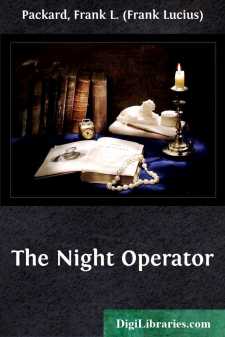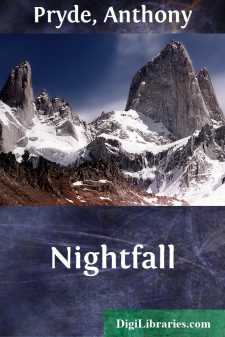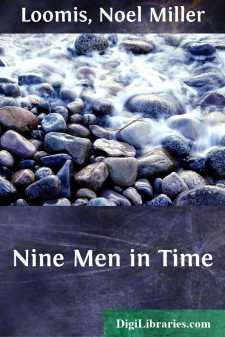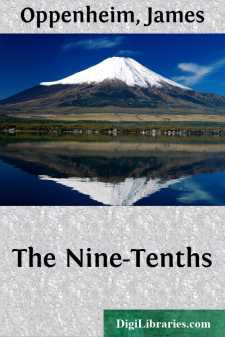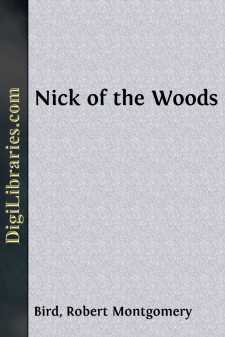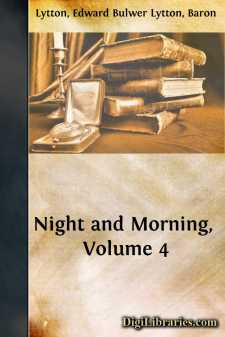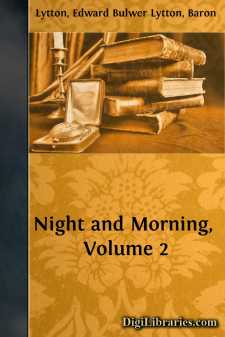Fiction
- Action & Adventure 180
- Biographical 15
- Christian 59
- Classics 6965
- Coming of Age 5
- Contemporary Women 3
- Erotica 8
- Espionage/Intrigue 12
- Fairy Tales, Folklore & Mythology 236
- Family Life 169
- Fantasy 117
- Gay 1
- General 596
- Ghost 32
- Historical 808
- Horror 43
- Humorous 160
- Jewish 25
- Legal 4
- Medical 22
- Mystery & Detective 315
- Political 49
- Psychological 41
- Religious 64
- Romance 159
- Sagas 11
- Science Fiction 730
- Sea Stories 113
- Short Stories (single author) 537
- Sports 10
- Suspense 1
- Technological 8
- Thrillers 2
- Urban Life 31
- Visionary & Metaphysical 1
- War & Military 173
- Westerns 199
Fiction Books
Sort by:
by:
Leroy Scott
CHAPTER I THE GREAT MRS. DE PEYSTER It was a raw, ill-humored afternoon, yet too late in the spring for the ministration of steam heat, so the unseasonable May chill was banished from Mrs. De Peyster's sitting-room by a wood fire that crackled in the grate; crackled most decorously, be it added, for Mrs. De Peyster's fire would no more have forgotten itself and shown a boisterous enthusiasm...
more...
THE NIGHT OPERATOR Toddles, in the beginning, wasn't exactly a railroad man—for several reasons. First, he wasn't a man at all; second, he wasn't, strictly speaking, on the company's pay roll; third, which is apparently irrelevant, everybody said he was a bad one; and fourth—because Hawkeye nicknamed him Toddles. Toddles had another name—Christopher Hyslop Hoogan—but Big...
more...
I MIRDATH THE BEAUTIFUL "And I cannot touch her face And I cannot touch her hair, And I kneel to empty shadows— Just memories of her grace; And her voice sings in the winds And in the sobs of dawn And among the flowers at night And from the brooks at sunrise And from the sea at sunset, And I answer with vain callings …"...
more...
by:
Anthony Pryde
CHAPTER I "Tea is ready, Bernard," said Laura Clowes, coming in from the garden. It was five o'clock on a June afternoon, but the hall was so dark that she had to grope her way. Wanhope was a large, old-fashioned manor-house, a plain brick front unbroken except in the middle, where its corniced roof was carried down by steps to an immense gateway of weathered stone, carved with the...
more...
The receivers, two of them lawyers, had long faces when they sat down across from my desk in the office of the Imperial Printing Company. "Frankly, Mr. Shane," said the older one, "it is a very grave question in our minds whether we should try to continue to operate the business or whether we should close the plant and liquidate the machinery and equipment the best we can." I was...
more...
by:
James Oppenheim
I THE PRINTERY That windy autumn noon the young girls of the hat factory darted out of the loft building and came running back with cans of coffee, and bags of candy, and packages of sandwiches and cakes. They frisked hilariously before the wind, with flying hair and sparkling eyes, and crowded into the narrow entrance with the grimy pressmen of the eighth floor. Over and over again the one frail...
more...
BACK TO BACK Mrs. Scutts, concealed behind the curtain, gazed at the cab in uneasy amazement. The cabman clambered down from the box and, opening the door, stood by with his hands extended ready for any help that might be needed. A stranger was the first to alight, and, with his back towards Mrs. Scutts, seemed to be struggling with something in the cab. He placed a dangling hand about his neck and,...
more...
CHAPTER I. The sun of an August afternoon, 1782, was yet blazing upon the rude palisades and equally rude cabins of one of the principal stations in Lincoln county, when a long train of emigrants, issuing from the southern forest, wound its way over the clearings, and among the waving maize-fields that surrounded the settlement, and approached the chief gate of its enclosure. The party was numerous,...
more...
CHAPTER I. "O that sweet gleam of sunshine on the lake!" WILSON'S City of the Plague If, reader, you have ever looked through a solar microscope at the monsters in a drop of water, perhaps you have wondered to yourself how things so terrible have been hitherto unknown to you—you have felt a loathing at the limpid element you hitherto deemed so...
more...
CHAPTER I. "Incubo. Look to the cavalier. What ails he? . . . . . Hostess. And in such good clothes, too!" BEAUMONT AND FLETCHER: Love's Pilgrimage. "Theod. I have a brother—there my last hope!. Thus...
more...



